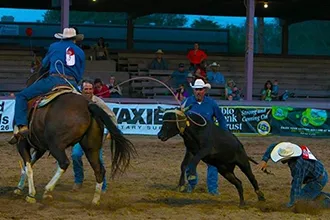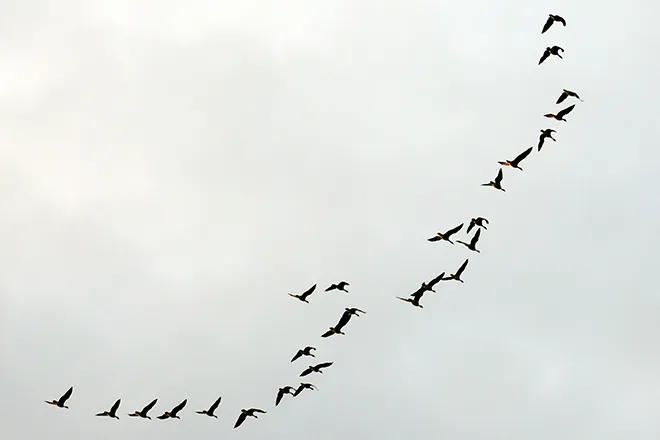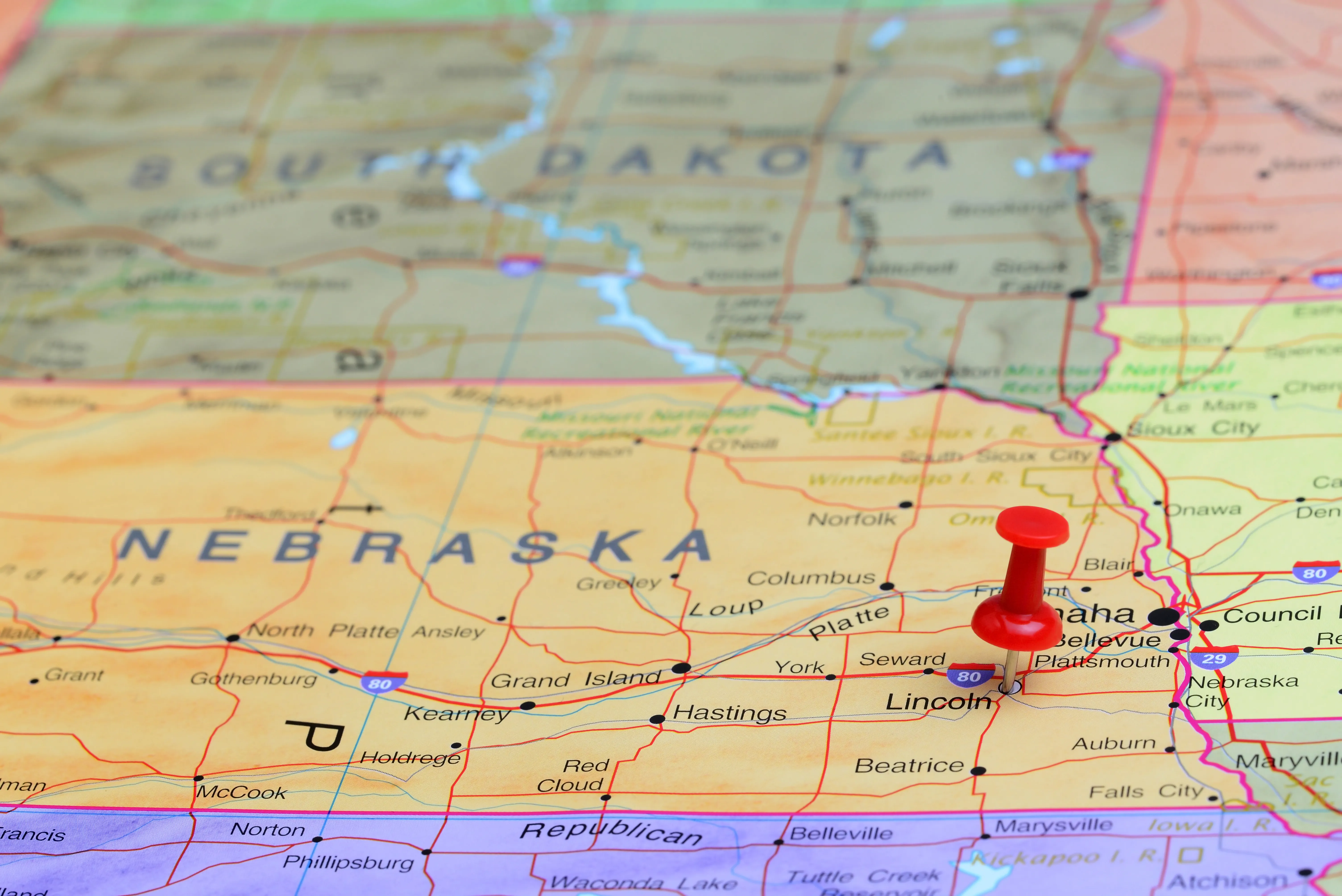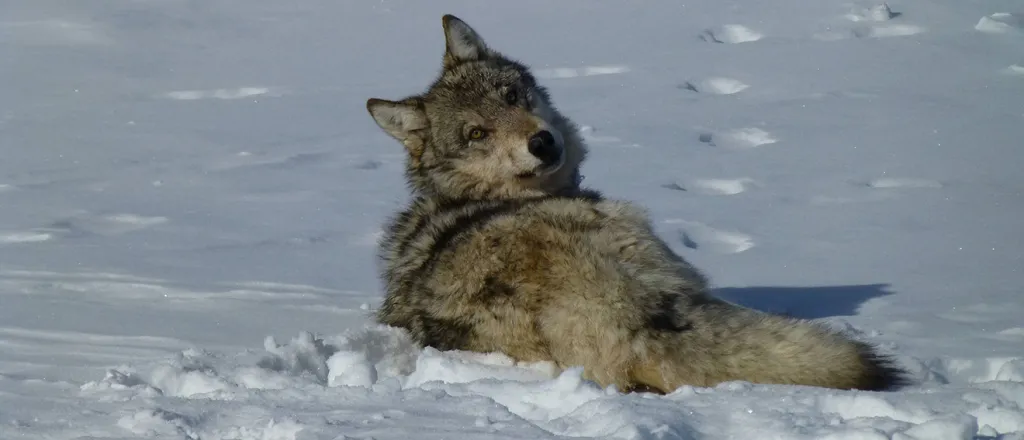
Colorado advances wolf reintroduction despite industry opposition
Click play to listen to this article.
Most of the 2.5 million cattle raised in Colorado will meet their end in a slaughterhouse and become hamburgers and steaks but the state’s powerful livestock industry still cannot seem to stomach sharing a fraction of the meat with the region's one-time apex predator.
A total of 19 cows have been lost to wolves since they were first reintroduced in 2023, according to Colorado Parks and Wildlife.
Ryan Sedgeley, southern Rockies representative for the Endangered Species Coalition, said more livestock are lost to weather and other predators.
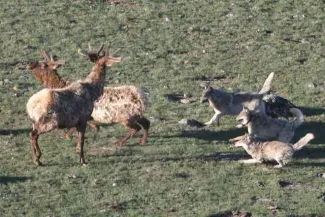
Wolves hunting elk in the Rocky Mountains. Courtesy National Park Service.
"This issue has been blown out of proportion," Sedgeley contended. "If you look at the actual data, it’s really small compared to domestic dogs. Domestic dogs kill twice as many cattle as wolves do."
Industry-backed groups have filed two citizens' petitions to delay the release of new wolves, arguing Parks and Wildlife has not completed its part of the bargain to end conflict and provide compensation, a claim rejected by officials.
An amendment to pause the program was added in the emergency legislative session, but did not make it into the final bill. A campaign to end the program recently failed to collect enough signatures to make the ballot but organizers have promised to try again for the 2026 election.
Sedgeley noted Colorado has been all-in on supporting ranching communities and many smaller operations have accepted the program passed by voters in 2020 and are changing practices to adapt. He added the state’s Wildlife Damage Fund was specifically created to help ranchers if livestock does not make it to market.
"If wolves do actually kill one of their livestock, they get paid full market value for it, as well as some other compensation methods that make Colorado’s compensation program one of the most generous programs in the country," Sedgeley emphasized.
Sedgeley stressed state agencies and nonprofits are helping ranchers implement proven tactics for keeping wolves at bay. He added Colorado’s “Born to be Wild” license plates have raised more than $1 million to fund the use of range riders and other nonlethal ways to reduce conflicts.


